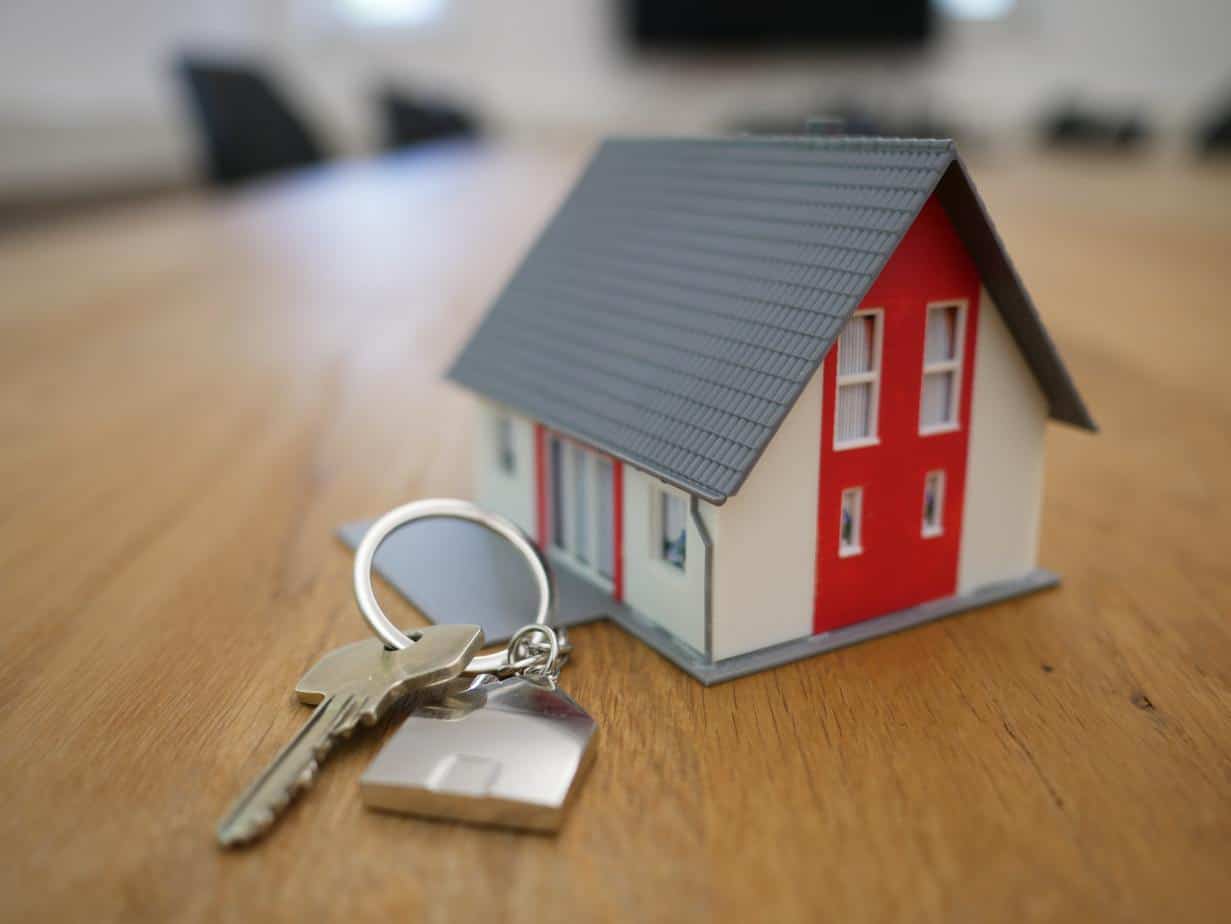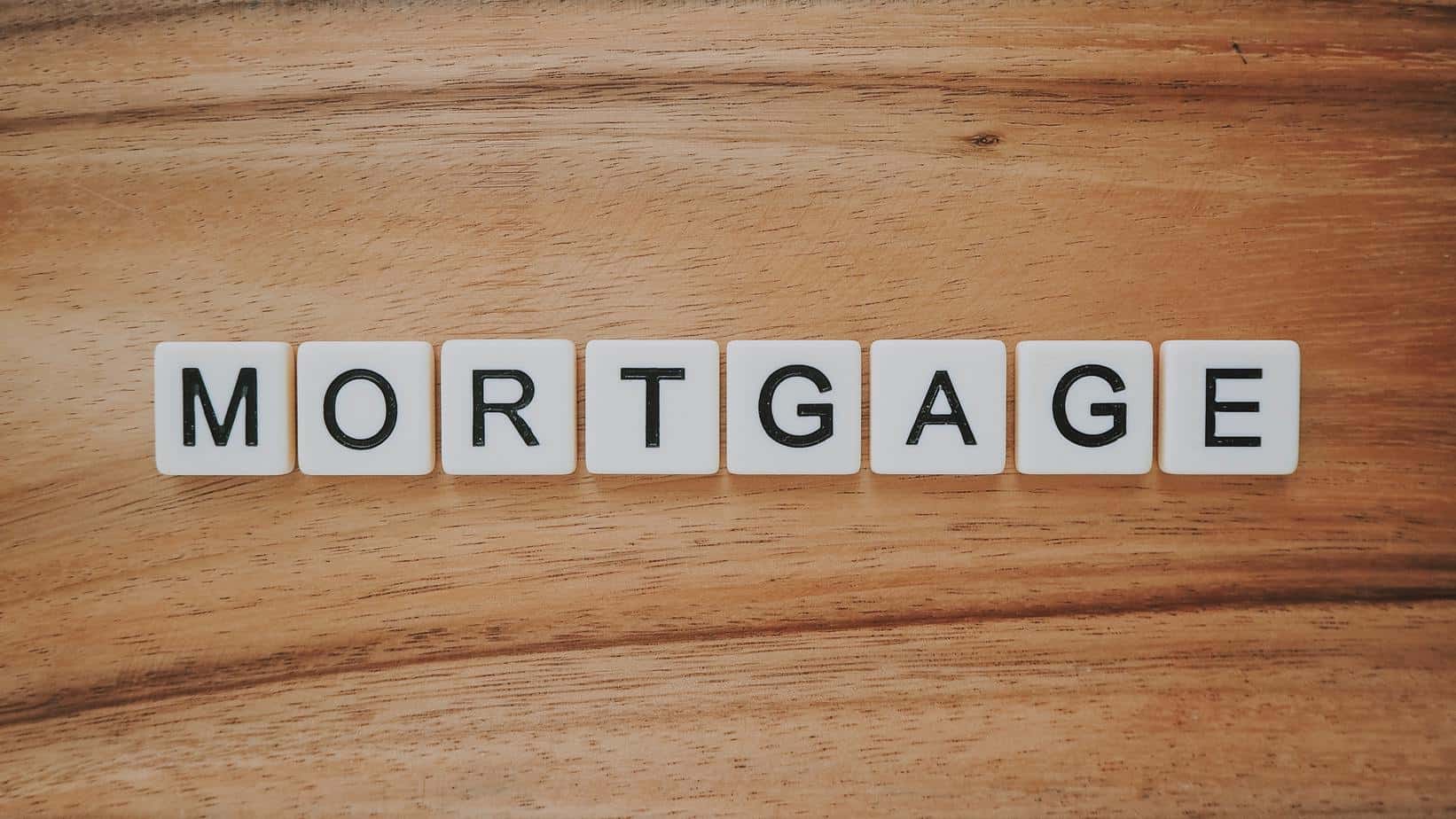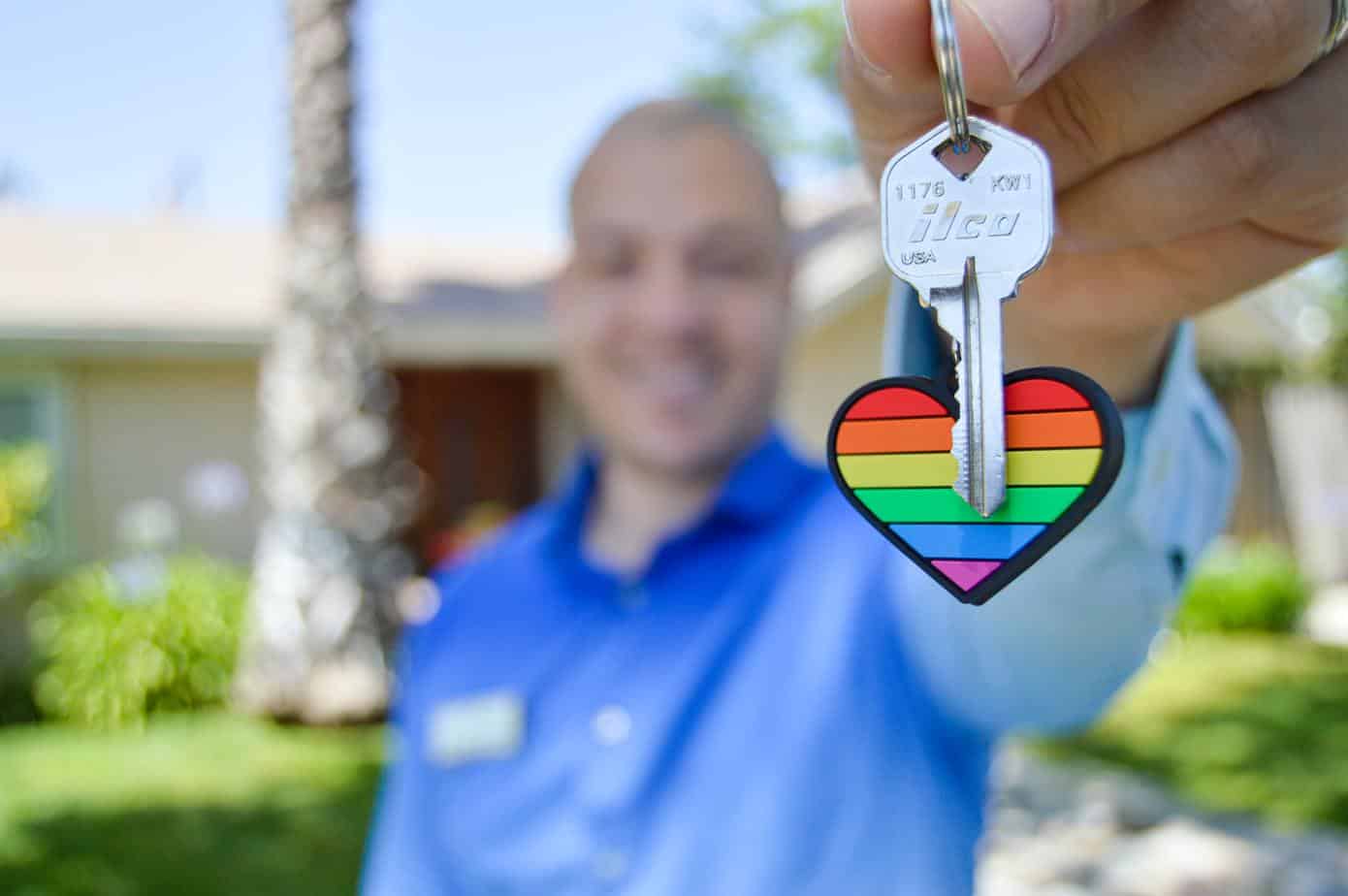10+ Tips for first time home buyers to make purchasing your home a breeze. These tips will help to increase your chances of success and reduce your stress!

Buying a home for the first time can be nerve racking. It’s a huge commitment of time and money, but can be so rewarding if done right.
That said, you really need to be prepared before you jump in and make an offer. From where you want to live and how much house you can afford, to finding a lender and getting a home inspection, you want to be sure you have all your bases covered.
These 10 (plus a couple bonus) tips for first time home buyers are sure to get you as ready as possible!
Get Your Credit in Order

You’ve got to get your credit in order before you even think about buying a house. Most banks will require your credit score be at least 620 before they will consider lending to you. You will likely get more favorable rates the higher your score.
Learn How to Increase Your Credit Score to start getting on the right track, or these tips on Establishing Healthy Credit Habits.
Check your credit score for free by signing up to get free credit scores with Credit Karma. This is an awesome free service, and I highly recommend it to everyone.
Also make sure you have ordered your free credit report from www.annualcreditreport.com.
Determine How Much You Can Afford
And I’m not talking about how much you’re approved for. Owning a house can be expensive. You need to make sure you have enough to cover your mortgage, plus AT LEAST 3-6 months of mortgage payments saved up for emergencies.
You WILL have to spend more than you think on your home. Which is not necessarily a bad thing, you just need to be prepared.
I recommend that your mortgage payment (plus taxes and insurance) does not exceed 30% of your gross monthly income. Honestly, I would shoot for more like 20%. This leaves you a buffer.
Because who wants to be house poor?
For example, if your gross income if $5,000/month, your mortgage payment (including taxes and insurance) should be no more than $1,500/month.
Save For Your Down Payment

The amount you need for a down payment will depend on what kind of mortgage you plan on getting. You can read about the different types of mortgages in detail, but here’s a summary:
FHA: 3.5% down
Conventional: 20% down with no PMI (private mortgage insurance), but can be as low as 5% if you’re willing to pay the PMI.
VA: 0% down, but there is typically a funding fee of about 1.5 – 3%
USDA: 0% down, with below market interest rates. However, the home must be in a designated rural area (link to find out whether you home is rural)
Now there are always more options and there are a ton of resources available to help first time home buyers. So, get a good mortgage officer and see what they can help you with.
Learn these tips on How to Save for a Down Payment.
Don’t Forget About Closing Costs
In addition to saving for the down payment, you’ll also need to come up with closing costs. Now you do have the option of asking the sellers to pay your closing costs during negotiation, but don’t count on them saying yes.
Closing costs can vary, but a good rule of thumb is about 4-6% of the purchase price. Closing costs include your loan origination fees, documents fees, title fees, prepaid interest and insurance, and several other miscellaneous expense.
Get Pre-Qualified for a Loan

This is an important step to show buyers you are serious and that you can afford the home. In some cases, you won’t even be allowed to view a home until you are pre-qualified.
A pre-qualification is also a great way to make sure that your finances are in order so the loan application process goes smoother.
You’ll want to find a good lender. I have found that getting a mortgage through the big banks can sometimes be difficult, so I always recommend starting with small local banks or credit unions.
Lending Tree is also a great place to start to find a lender.
Shop around a little bit to make sure you are getting a good interest rate. But don’t make this your top priority – you also want to be sure you choose a bank that will help you through the loan process and close escrow on time.
Closing on time is important as it can cost extra fees and could even cause the contract to fall apart if escrow is delayed.
What Kind of House Are You Looking For

Is this your forever home? Are you handy and looking for a fixer-upper? Are you buying a property to live in part and rent the other part?
Providing your agent with this information will help them find you the perfect house. If you want a turnkey property, let them know so they don’t show you that wrecked house at the end of the block. And vice versa.
Choose the Right Neighborhood
Are you a city dweller, country dweller, or somewhere in between? Are you looking for a planned community, certain school district, or a shorter commute?
You’ll need to figure what exactly it is you’re looking for, and where you want to be. Get out and explore your city. Find the neighborhoods that appeal to you most and start your search there.
Find a GOOD Real Estate Agent
This part can be difficult. I recommend asking your friends and family for recommendation if they have used an agent recently.
I’d also recommend reading reviews, checking them out on Facebook and asking them a few questions:
- Are they an exclusive buyer’s agent or do they also work as a seller’s agent? You want to find an agent who is an exclusive buyers’ agent if possible. This means the agent is more likely to show you properties that fit your needs, as opposed to his/her listings or other listings of the firm they work for.
- Are they familiar with the area you are looking to buy in? An agent that knows the area is more likely to know the ins and outs of the neighborhood, such as the streets with the best school districts. They should have their fingers on the pulse of the neighborhood.
- Do they have any references? I always recommend asking for references.
- How many deals have they closed in the past year? Someone who has closed 30 deals will have much better experience than someone who has closed 2. That said, sometimes a new hungry agent is good as they can direct a lot more attention to you than someone who is much busier.
Get a Home Inspection
Once you have found the perfect house and got an offer accepted, it’s time to get the house inspected. This is a very important step you do not want to skip. A home inspection can find the issues that you likely would have not found yourself.
That said, you do need to realize that there are limits to a home inspection as well. The inspector has a wide range of general knowledge, but does not typically specialize in one area.
For instance, if you are really concerned about the structural soundness of a property, you would want to hire a structural engineer to come in and look at it.
Don’t Make Any Large Purchases or Apply for New Credit
No matter how much you want to buy all that new furniture, DON’T DO IT! This can wreak havoc on the loan process. Just be patient and wait to buy anything big OR apply for any new credit until you’ve got the keys in hand.
Get the Right Insurance
Shop around for insurance. In addition to comparing rates, you will also want to compare the coverage offered. Sometime the cheapest rates offer the worst coverage.
And the last thing you want is for your house to burn down, only to realize you didn’t have adequate insurance coverage.
You will also want to check and see if flood insurance, wildfire coverage or earthquake coverage is required/recommended in your area.
Get a Home Warranty
A home warranty can protect you against unforeseen issues that may arise after your purchase is complete. It can cover items such as HVAC systems, water heaters, plumbing and electrical, which can all be quite expensive.
Typically, the seller pays for the home warranty, which is and added benefit.

As you get into the process, you’ll probably find there is more to buying a home than you ever thought there would be.
It will likely be painful.
It will definitely be stressful.
But you’ll get through it and come out with your (easily affordable) dream home on the other end!
Did you recently buy a home? Leave comment below and let me know how your experience was.
Hi I’m Ana. I’m all about trying to live the best life you can. This blog is all about working to become physically healthy, mentally healthy and financially free! There lots of DIY tips, personal finance tips and just general tips on how to live the best life.



Leave a Reply